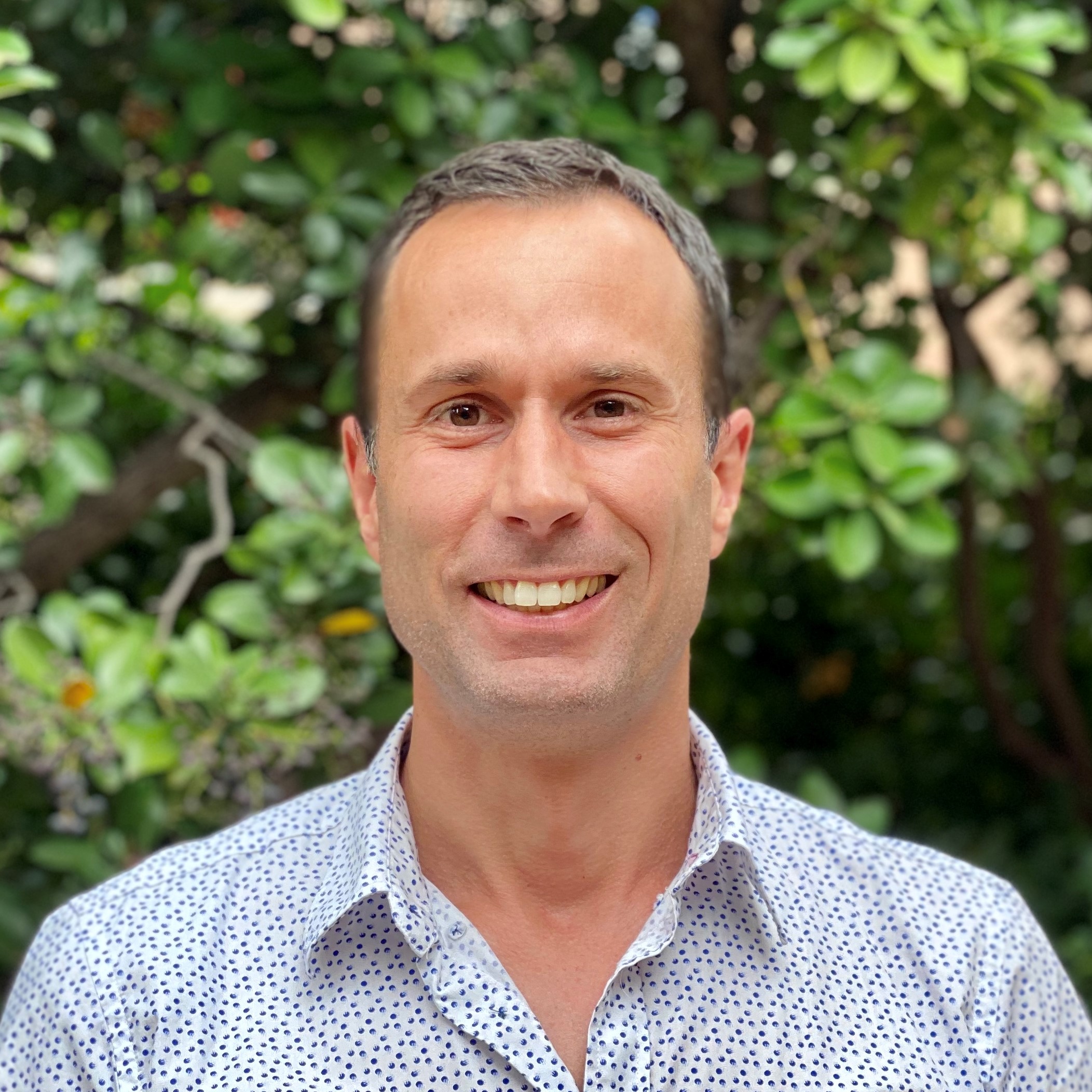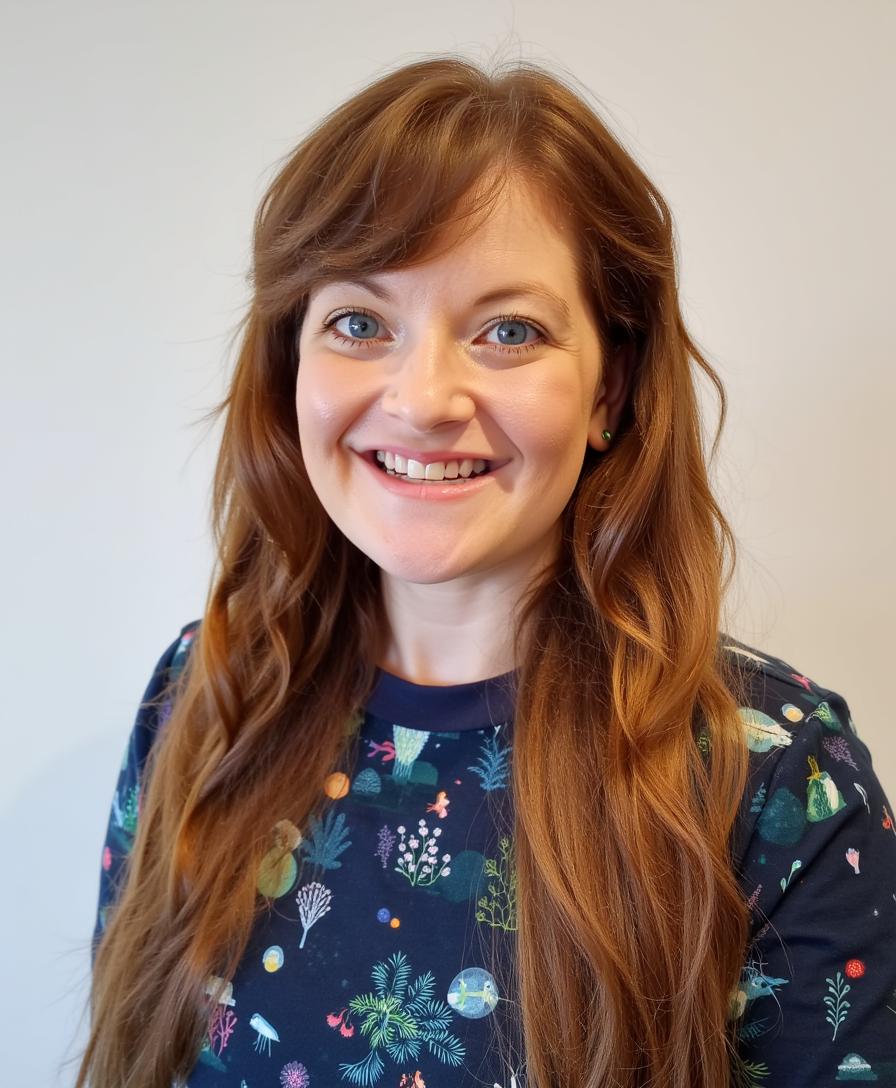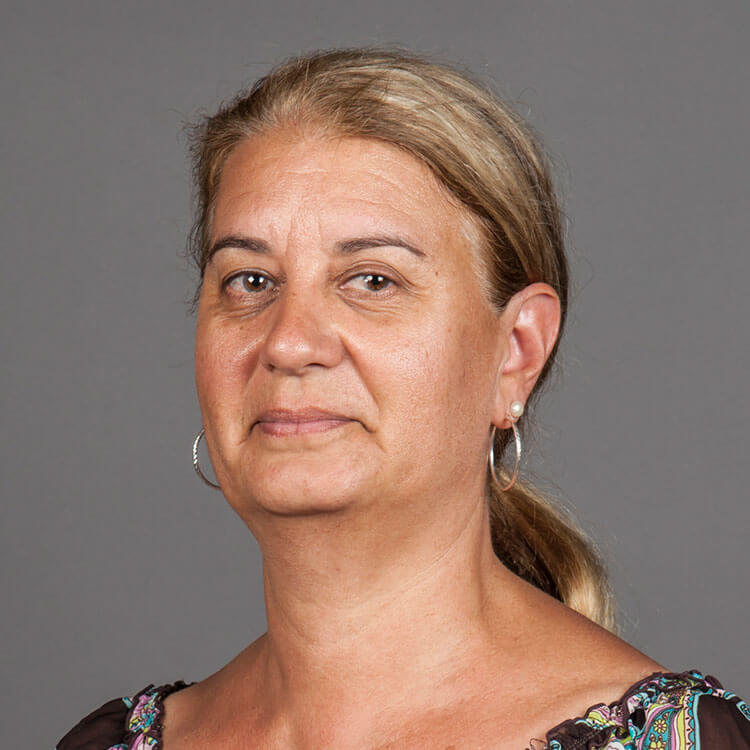Search








People
Bronwyn MilkinsDr Bronwyn Milkins is an Honorary Research Associate in the Healing Kids, Healing Families team and is working on the Dissociation Project. Bronwyn’s current research aims to improve the health and wellbeing of children and young people who experience trauma-related dissociation.


